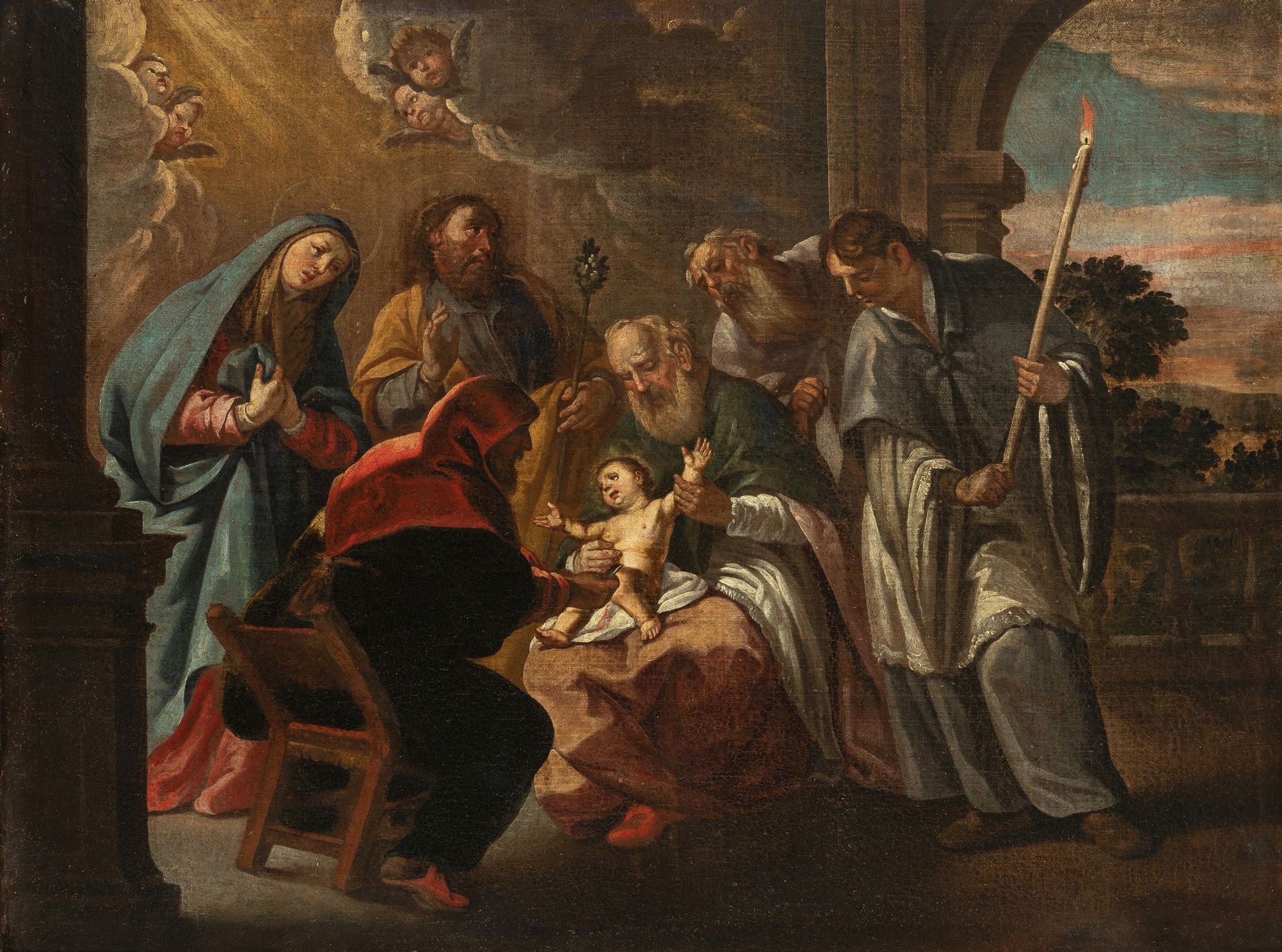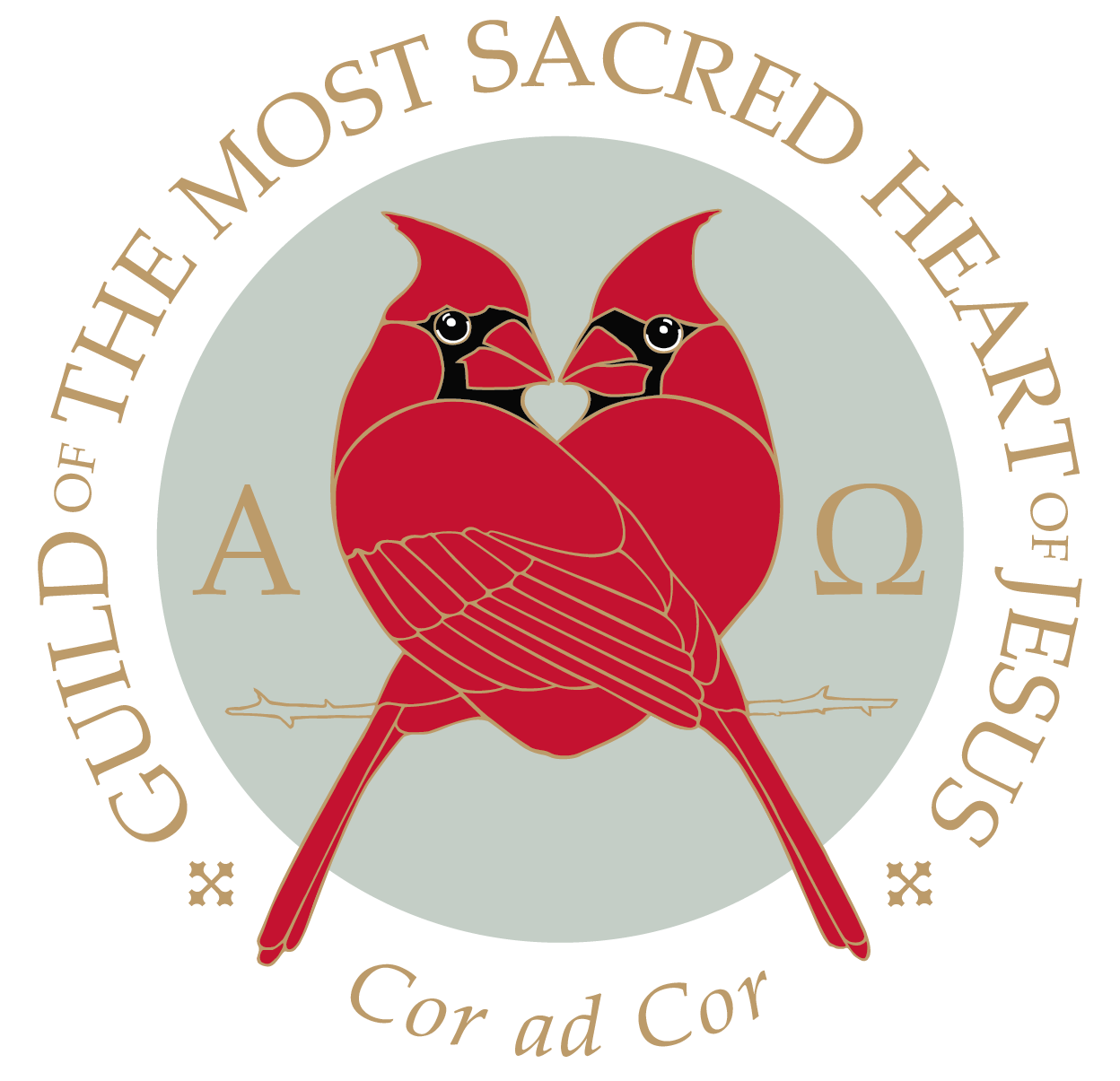
|
At the time after eight days were accomplished, that the Child should be circumcised, His name was called Jesus, which was called by the angel before He was conceived in the womb. (Luke 2:21)
The Gospel on this, the Octave Day of Christmas, is but a single verse long, however it sparkles like a jewel, because it distills the entirety of Salvation history into one line. Through the presentation of this Gospel for this Feast, Holy Church weaves together three golden threads for our contemplation: the Virgin, the Blood, and the Name.
It is always, wrong to say that Sacred Scripture was chosen for the classical Roman Rite: there never was a time when a committee, or a commission, decided this-or-that verse would be ‘just so’. On the contrary, the process could be described as frankly geological: two thousand years of experience in passing on the Faith percolates into the readings we receive today. It has a pleasing patina of age and dependability. That which is apt stands the test of time, far above any selection any group of clever professors, with all the preconceptions and prejudices we all have, might come up with.
Mystically contained in that one verse is the setting of an utterly new course. Mary’s and Joseph’s act of obedience to the Law, reveals to us a New Law in Christ. Christ’s submission of His Body to the Law turns it inside out – or rather, consecrates it by His very person. We who have seen the end of the story (who have witnessed his Passion and Resurrection) have an advantage, peering back through time. Indeed it is a privileged position even the Blessed Mother only had later on when She witnessed Her Son on Calvary’s Tree. It is with the eyes of Mary we look back at this scene through the lens of the Cross.
In Her, we see more than a woman of sympathy. She is no plaster statue with nothing to say. Instead, God chose to involve her intimately, from the beginning. She is the one who presents her Son at the behest of the Law. She cooperates with God in a much more profound way than simply being a vessel for Him to use and discard. Her will is engaged. It has to be perfectly aligned with and obedient to God’s will. In this Feast, we see so clearly that devotion to Mary is not an optional extra: put simply, we cannot understand Christ without His Mother.
In the Law, there were proscriptions against touching dead bodies and consuming blood, because of the inherent connection between blood and life. Blood, according to the Semitic mind, represents the life of a body. When blood is shed, that life is offered back to the source from whence it came. It is offered back to the Father who gave it. Corpses and blood are not kosher, not because they are disgusting, but rather because they are holy; because they are sacred.
Having already consented to the Incarnation, today Our Lady consents to the shedding of her Son’s blood for the first time. That’s right: she consents to offer her Son, in obedience to God’s will. She knows that He can do no wrong; she knows that His birth is miraculous. And, obedient to the Word of the Father, she spares nothing from her consent to God’s Will and furnishes us a mystical foreshadowing of the Cross of Calvary, where thirty-three years later, she will stand obediently once again.
In the Collect we pray per quam merúimus auctórem vitae suscípere – ‘through whom we have been made worthy to receive the Author of life.’ Through whom? None other than she. Let us break it down even further: through Mary, merúimus – we merit, suscípere – to receive, auctórem vitae – the author of life. That connection between life and the shedding of blood is made so very clear in this section of the Collect. Through Mary, because of that obedience, which is her active, ongoing yes.
On this day, the Lord’s life was symbolically offered to the Father by the shedding of a little of his Precious Blood, prefiguring that terrible day when He would shed all of it, for love of us. But all this would not have been possible except for the body that he assumed because of the obedience of Mary:
Through the Virgin,
By His Blood,
In His Name,
We are saved.
PRAY
